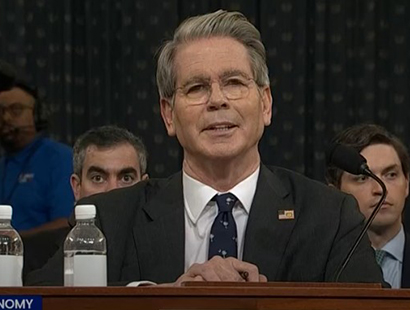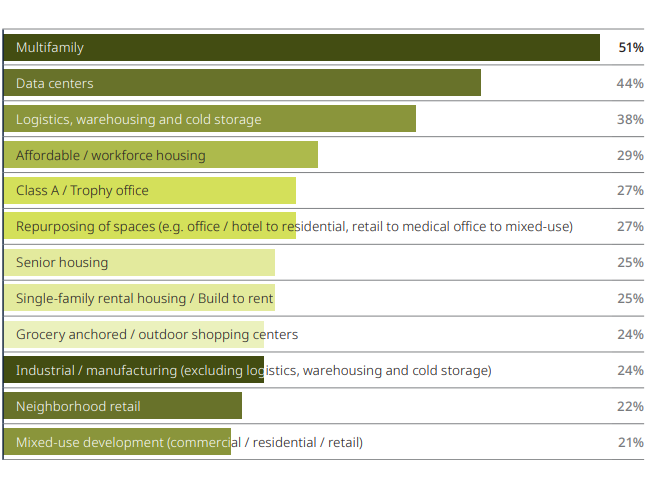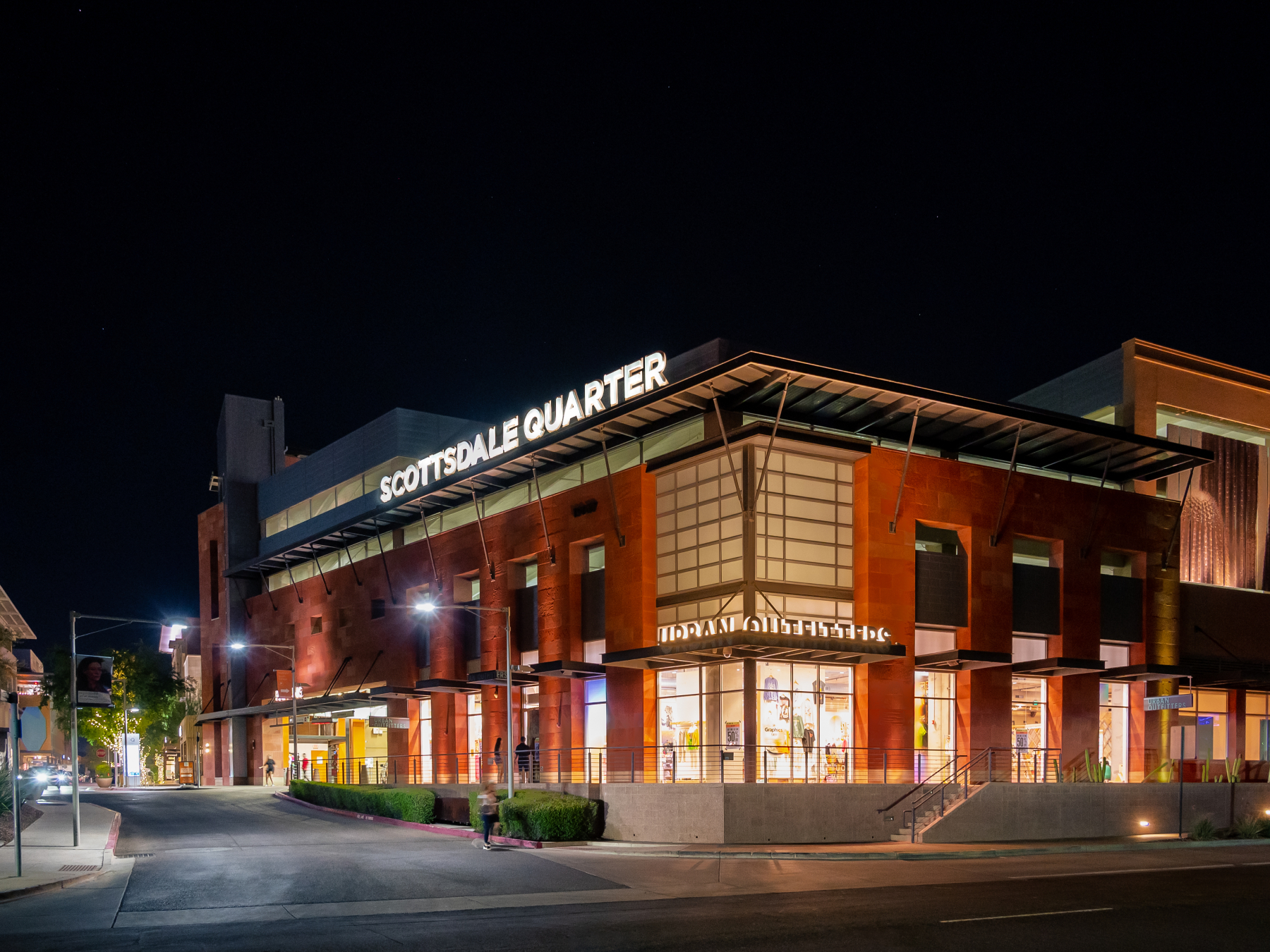Investment Choices, Rapid Change: MSCI Conference Highlights
At this extraordinarily fluid time, which factors should investors put first? Experts weigh in.
Global real estate is teetering on the edge of immense change. Risks for investors to consider include cyclical risks, rental growth expectations, tenant default risk and leverage and active management risk.
So said Will Robson, global head of real estate solutions at MSCI, striking the keynote for a discussion of real estate decisions in a time of uncertainty at last week’s MSCI Global Real Assets conference.
“Certainly, it is a different sort of cycle we are experiencing,” observed Ben Johnson, Aviva Investor’s managing director of real estate. “For me it is about the economy and tenants.” The main risks he is considering concern tenants and rental growth, particularly how to keep buildings occupied in a high interest-rate, and high-rent period.
According to Sanderson the regulatory environment has improved. Investors are more disciplined and tend to be better informed about making choices about debt compared to previous cycles.
READ ALSO: Getting Corporate Tenants Back to the Office
“The primary [risk] today is around pricing and leverage, and they will have consequences,” said Kiran Patel, Savills Investment Management’s global CIO & deputy global CEO.
In the current inflationary climate, leverage is impacting property prices and affordability in terms of the tenant’s ability to pay rent. Like Sanderson, Patel is looking at tenant margins and the headwinds that will impact the real estate industry in that area.
Hard landing ahead
In any downturn, Patel noted, there is opportunity. The industry has a tough time ahead, but that will lead to opportunities down the line.
“There is a consensus broadly in the market that we are headed for (a hard landing),” commented Neil Cable, head of European real estate investments at Fidelity International. The two issues that are top of mind for Cable are clients and sustainability. In times of crisis, he observed, you stick closely to your clients.
Efficient markets are about the efficient allocation of capital, and clients wait to invest until they believe it is the appropriate time. According to Sanderson, clients are being more discerning in how they determine their optimal investments. One concern investors are weighing in their decisions is climate risk.
Sustainability and climate risk create an existential crisis for CRE, and something that must be built into portfolio strategy. “Through our underwriting, we do a lot of climate risk assessment,” said Patel. He explained that climate risk does not necessarily deter him from investment, but it is a factor.
Climate, clauses and COVID
Tenant demand and business growth are drivers that rank higher than climate risk in terms of investment opportunities. However, one must consider the carbon footprint and sustainability, Sanderson noted. Pricing in sustainability will evolve, and the transition to net zero capacity for properties will factor into this pricing, he added.
The future of hybrid and remote work, a trend accelerated by COVID-19, is another key topic. With high inflation and high energy costs, engaging with tenants creates long-term relationships. Understanding tenants, their constraints and flexibility, is something the market must do to find equilibrium.
Cable noted that break clauses, and other leasing events, need to be underwritten properly. Sanderson emphasized that tenants are only part of the equation, while location, operational risks and team structures are factors that are changing in leasing as well.








You must be logged in to post a comment.